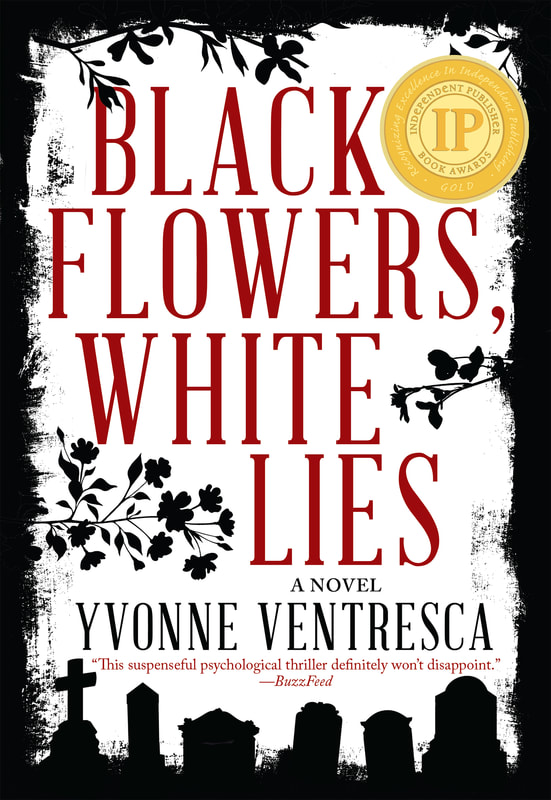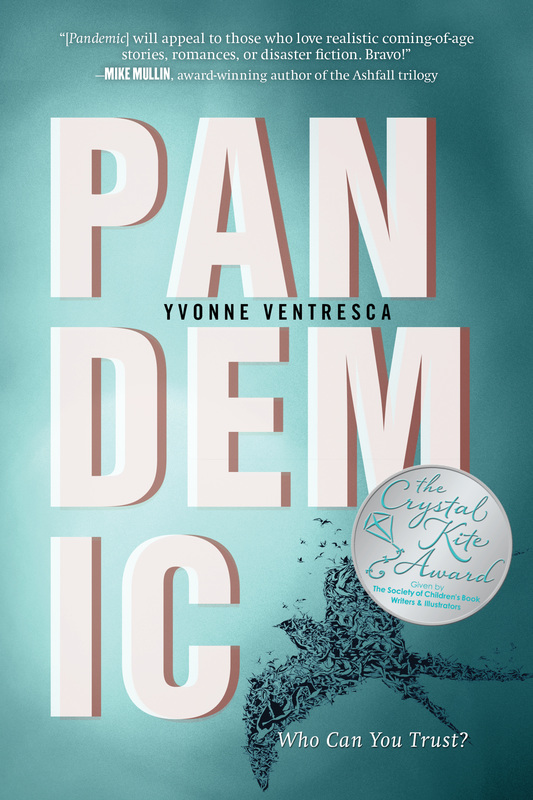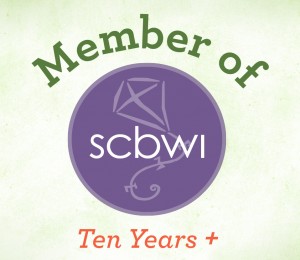To paraphrase a concept in Julia Cameron's Finding Water: how old will we be by the time we learn to play piano, or complete a major project, or finish the novel? The same age we’ll be if we do nothing. We’ll all be older in a year, regardless of what we did or did not accomplish, so we need to make the most of our time.
1. First, consider whether the goal is under your control. If not, it might be impossible to achieve it. For example, if my goal is to have a novel acquired by an editor and published next year, that’s not under my control. My goal could be to draft a novel, and thoroughly revise it, and have my agent submit it, but I can’t actually control what happens after that (and certainly not an editor's timeline for publication). It’s important to make sure you are setting goals that revolve around your own actions.
| Fun fact: the Babylonians are the first recorded people to make yearly resolutions over 4000 years ago. | 2. Decide what your goal looks like when it's accomplished. “Being more healthy” is too vague, for example. Does that mean exercising three times a week or eating more vegetarian meals or meditating or what? Health has a lot of aspects to it, so you need to be specific. If your goal is to be more successful at work for example, figure out how you’ll know you’ve achieved that. |









 RSS Feed
RSS Feed